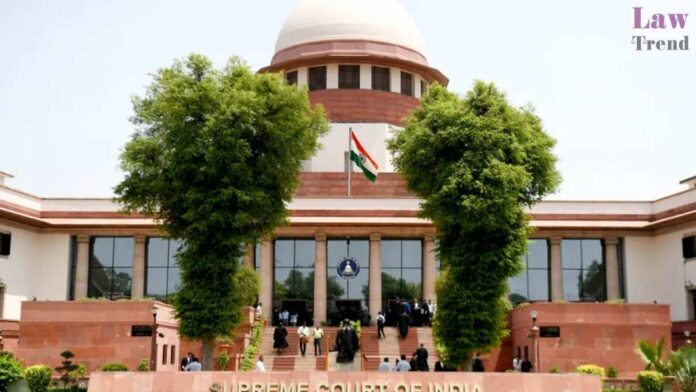In a significant order addressing systemic delays in the criminal justice system, the Supreme Court of India has issued a comprehensive set of directions to all High Courts to ensure the expeditious conduct of trials. While declining a plea by the Central Bureau of Investigation (CBI) to cancel the bail of an accused in a
To Read More Please Subscribe to VIP Membership for Unlimited Access to All the Articles, Download Available Copies of Judgments/Order, Acess to Central/State Bare Acts, Advertisement Free Content, Access to More than 4000 Legal Drafts( Readymade Editable Formats of Suits, Petitions, Writs, Legal Notices, Divorce Petitions, 138 Notices, Bail Applications etc.) in Hindi and English.




